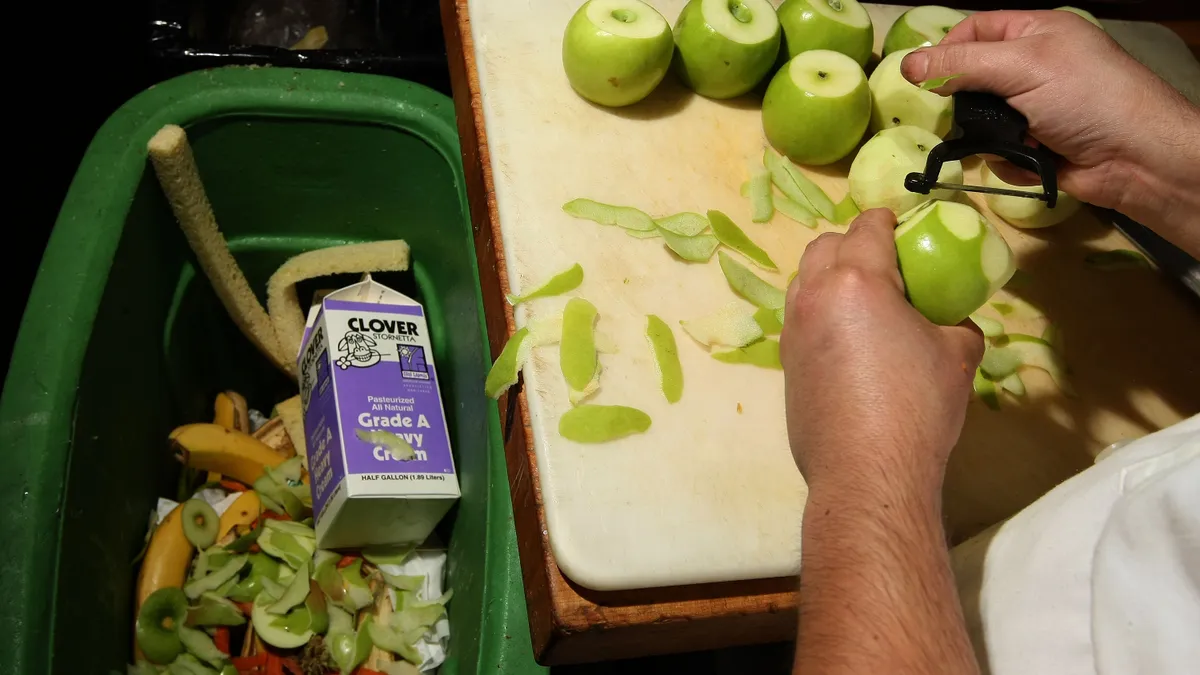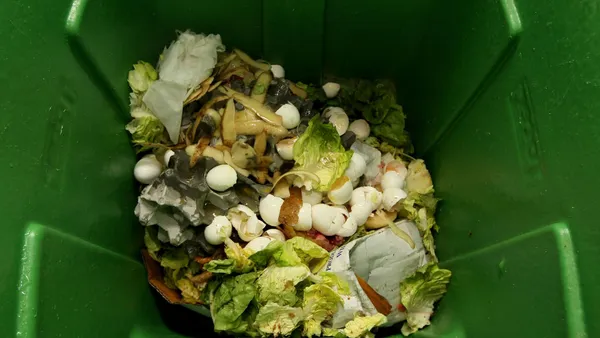The Natural Resources Defense Council is expanding its Food Matters initiative with a goal of helping more cities develop strategies around food waste reduction, recovery and recycling.
Cities with populations of 200,000 or more are encouraged to apply by Feb. 17. NRDC will provide technical assistance for certain initiatives, such as estimating food waste generation, assisting with food waste reduction, planning, messaging and funding proposals, facilitating city support for edible food recovery programs and expanding community composting.
"While food waste has global implications it has a lot of local solutions,” said Madeline Keating, a city strategist with NRDC’s Healthy People and Thriving Communities Program. "City governments are really well equipped to address waste at the local level."
The nonprofit may provide discretionary funding for small Food Matters projects, though Keating said NRDC can also advise cities on how to apply for state and federal grant funding.
Cities with populations under 200,000 are still encouraged to apply for this latest round, in part so they can be added to an idea-sharing network of interested local government staff and partners. Cities with eligible population sizes who may not have sufficient staff capacity to launch new programs are encouraged to partner with local nonprofits in their applications.
NRDC’s recent focus on this issue can be traced back to a well-known 2012 report that highlighted how 40% of U.S. food is wasted. The Food Matters initiative, which started in 2015, has previously worked with more than 20 cities. After partnering with Nashville, Baltimore and Denver, the program later expanded to include regional initiatives for cities in the Mid-Atlantic, Southeast and Great Lakes areas. While the first two regional initiatives wrapped up last year, the Great Lakes program will continue in 2023.
In a statement, Cincinnati Mayor Aftab Pureval said that working in the Great Lakes group helped make a connection to the Milan Urban Food Policy Pact, which recently recognized his city’s waste reduction efforts. Phoenix is another recent participant. Mayor Kate Gallego said in a statement that the program has helped bolster her city’s sustainability planning and zero waste efforts.
Progress on zero waste goals ranges widely among major cities, as does their level of advancement in food waste initiatives. Some cities may have robust programs in place to offer or support organics recycling and edible food recovery systems, while others may be in the earlier stages of assessing how to launch their efforts.
NRDC has seen local programs use a variety of strategies and Keating said it’s increasingly common for cities to view tackling the food waste issue through multiple lenses. "Cities that are further along in thinking through food waste reduction generally have more of a focus on food climate and equity as a whole,” she said, adding that “we're starting to see small narrative shifts” in how cities approach this.
Keating said that beyond solid waste or public works departments, agencies focused on areas such as climate, parks and recreation and economic development can be key partners. Health departments are also considered important partners around edible food recovery — especially given that the Food Donation Improvement Act recently updated guidelines — because they may regulate donation standards and also have frequent contact with local establishments.













